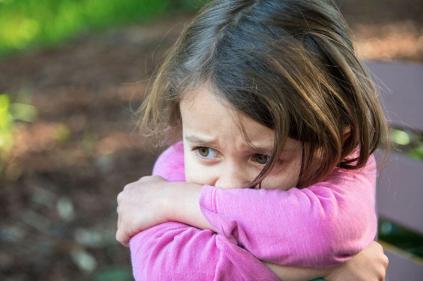Ahh, Sticky and Moany - these guys were my imaginary friends growing up. Moany was always complaining because sticky would get stuck to him. I knew exactly where Sticky’s Granny’s house was and once Moany broke his arm and had to go to the hospital. Interesting, right?
They came everywhere with me and my parents and siblings still remember them well. It got me thinking about how common imaginary friends are for many children. Most young kids play pretend games with their toys, teddies and anything else they can get their hands on, but I wonder today if as many kids have imaginary friends?
According to research carried out by the University of Oregon, by age 7, 37% of kids take imaginative play a step further and create a new friend. Boys tend to create only male friends and girls create either or like me, more than one.
Kids with imaginary friends can easily describe what they look like and things about them that they like or dislike. Like real friends, imaginary friends don’t always cooperate, they talk too loud, they spill things and they often get up to mischief. According to this research, however, children with imaginary friends almost always know that their friends are not real. Personally, I cannot remember if I knew that Sticky and Moany were pretend or not.
So why do we, as kids, invent imaginary friends?
It would seem reasonable to presume that kids who make up friends are lonely or experience social difficulties, but the research does not support this claim. In fact, compared to kids who do not have them, kids with imaginary friends seem to be more outgoing, less shy, and engage in more laughing and joking with friends and peers.
However, only children and oldest children are more likely to find an imaginary friend, which makes sense as you would need time alone at play to create your imaginary friend.
Although I have four siblings, they were all a bit older than me so maybe that’s why Sticky and Moany were created.
How should we, as parents, react to the introduction of an imaginary friend?
Don't panic. Imaginary friends are actually a natural part of healthy child development. Children use these friends to practise verbal skills, boost their confidence and for role play, so my advice, not that I am an expert but from what I have read, would be to sit back and enjoy it because there are also benefits to this new friendship.
- Imaginary friends give children the opportunity to tell someone else what to do, which can be refreshing for your child.
- They can boost your child’s self-confidence, as they probably win all the games that they play together and are probably told what they want to hear.
- Children with imaginary friends are much less likely to be bored.
- Some children can use their friend to voice a concern or a worry they may have themselves.
Imaginary friends are commonly created when a new baby comes into the house. It is thought that this new buddy can create comfort and replace some missing parental attention, which kind of makes me sad to think about, but also makes it totally understandable.
So if you find yourself being introduced to a new invisible friend, my advice is to enjoy this new member of the family, even set an extra place at the table. However, try not to take over, as this new harmless, magical friend is unique to your child and he/she is the boss.
Do your kids have or ever had imaginary friends? I'd love to hear your stories xoxo








